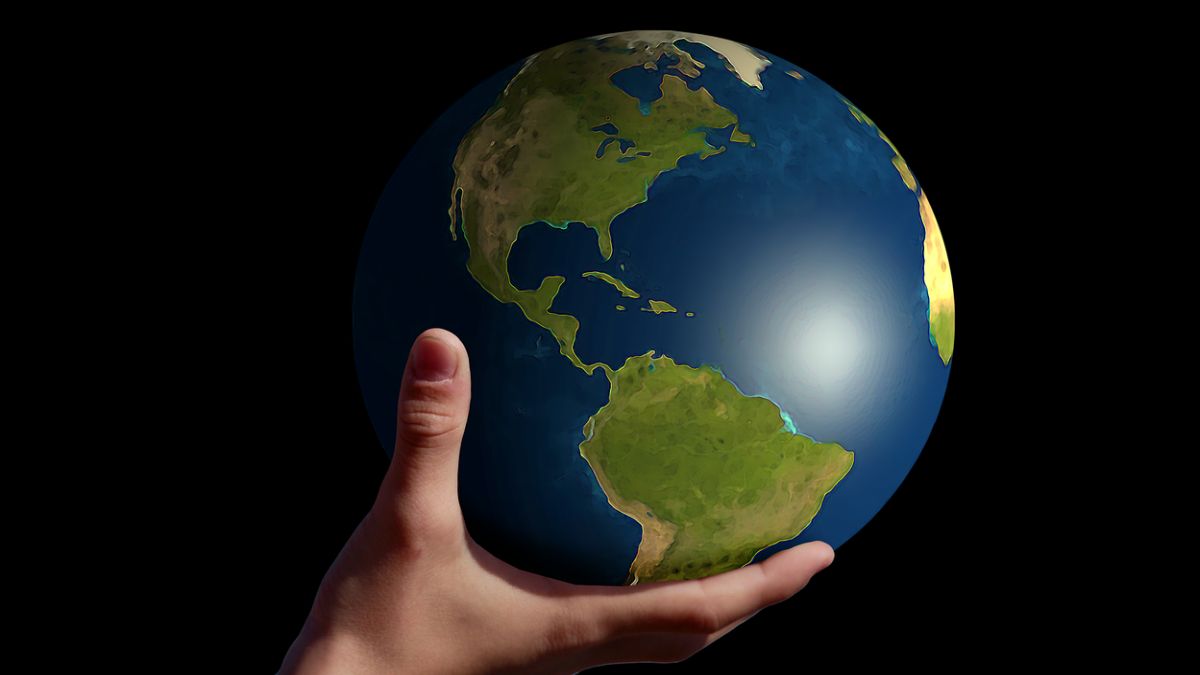Do you feel as if you are running out of time during the day? Are you feeling like you can’t fit all your tasks in a day? Well, it’s not something you are imagining — today, July 22, will be recorded as the second-shortest day in history.
Scientists note that the Earth will complete its daily rotation 1.34 milliseconds faster than the standard 24 hours, making it the second shortest day in history. While this difference hardly makes a difference to our daily lives, it’s a puzzling trend in Earth’s rotational behaviour that has scientists intrigued.
Moreover, this isn’t a one off. Scientists expect another shorter day on August 5 after witnessing a short one on July 9.
So, we put on our thinking caps and help in deciphering what’s causing the days to become shorter and how it could affect our lives later?
Who keeps time and how?
Before we get into why days on Earth are getting shorter, let’s understand how time is measured. A day is measured as per the time taken by the Earth to complete one full rotation on its axis — 24 hours or 86,400 seconds on average.
But the speed of Earth’s rotation isn’t fixed. During the Mesozoic, dinosaurs experienced 23 hours days, and as early as the Bronze Age, the average day was 0.47 seconds shorter. A 2023 study revealed that billions of years ago, a day was as long as 19 hours owing to the interplay of solar and lunar tidal forces
However, over time, the Moon’s gravitational pull slowed Earth’s spin, gradually lengthening days as the Moon drifts farther away. This process, called tidal friction, has been the main driver of Earth’s slowing rotation for eons.
So, what’s happening now? Why are days shorter?
Since atomic clocks began tracking Earth’s rotation precisely in 1973, days were generally slightly longer than 24 hours.
However, recent times have shown a surprising twist. Since 2020, Earth has been spinning faster, repeatedly setting new records. The shortest day ever occurred on July 5, 2024, when Earth spun 1.66 milliseconds quicker than normal.
And again on July 22, when the Earth will complete its spin 1.34 milliseconds early. And current predictions place the shortest day, August 5, at roughly 1.51 milliseconds shorter than average.
But what’s causing this phenomena? Scientists note that there could be a number of factors that influence the Earth’ s spinning rate. One of the primary reasons being the Moon. If it is remote from Earth’s equator, the planet spins slightly quicker. A report in Space.com explains it accurately: if the Moon is far from the Earth’s equator, it creates an off-centre gravitational pull that slightly changes Earth’s axial wobble, leading to a small but measurable increase in rotational speed.
Melting ice and Earth’s changing core are other reasons. Some experts note that the slowing of Earth’s liquid core, could result in redistributing angular momentum in a way that makes the mantle and crust spin slightly faster.
Ocean level variations and volcanic eruptions also contribute. In fact, earthquakes can also affect the length of our days, say scientists.
How these shaved off milliseconds will affect our lives?
While we are unlikely to notice such a miniscule difference in time, it could lead to the possibility that scientists will have to add a negative leap second to the calendar by 2029.
Wait, what is a negative leap second?
Traditionally, when Earth’s rotation slowed down over time, scientists added a “leap second” to Coordinated Universal Time (UTC) to keep civil time aligned with Earth’s actual spin. However, as the Earth spins faster, we could soon be ahead of atomic time, which would need us to remove a second. This is what is a negative leap second.
Duncan Agnew, a professor emeritus of geophysics at the Scripps Institution of Oceanography and a research geophysicist at the University of California, San Diego, told CNN, “There’s never been a negative leap second but the probability of having one between now and 2035 is about 40 per cent.”
Judah Levine, a physicist and a fellow of the National Institute of Standards and Technology in the time and frequency division, also concurred with this assessment. “When the leap second system was defined in 1972, nobody ever really thought that the negative second would ever happen,” he was quoted telling CNN. “It was just something that was put into the standard because you had to do it for completeness. Everybody assumed that only positive leap seconds would ever be needed, but now the shortening of the days makes (negative leap seconds) in danger of happening, so to speak.”
And this could be a huge issue, affecting everything from satellite systems and GPS accuracy to how we measure time itself. It could also have an impact on telecommunications, financial transactions, and electric grids.
As Dr David Gozzard, an experimental physicist who specialises in technologies for precisely keeping and synchronising time at the University of Western Australia, told The Guardian, “Computers, servers, GPS systems, banking and electricity networks, as well as large telescopes, all rely on incredibly accurate synchronisation, sometimes within a fraction of a billionth of a second, he says. “We’re transmitting data so quickly, and it all needs to be time tagged, so computers know what data goes where.”
Levine even goes as far as comparing it to the Y2K problem, which threatened to bring modern civilisation to a halt.
But for now, time continues to fly.
With inputs from agencies


)

)
)
)
)
)
)
)
)



